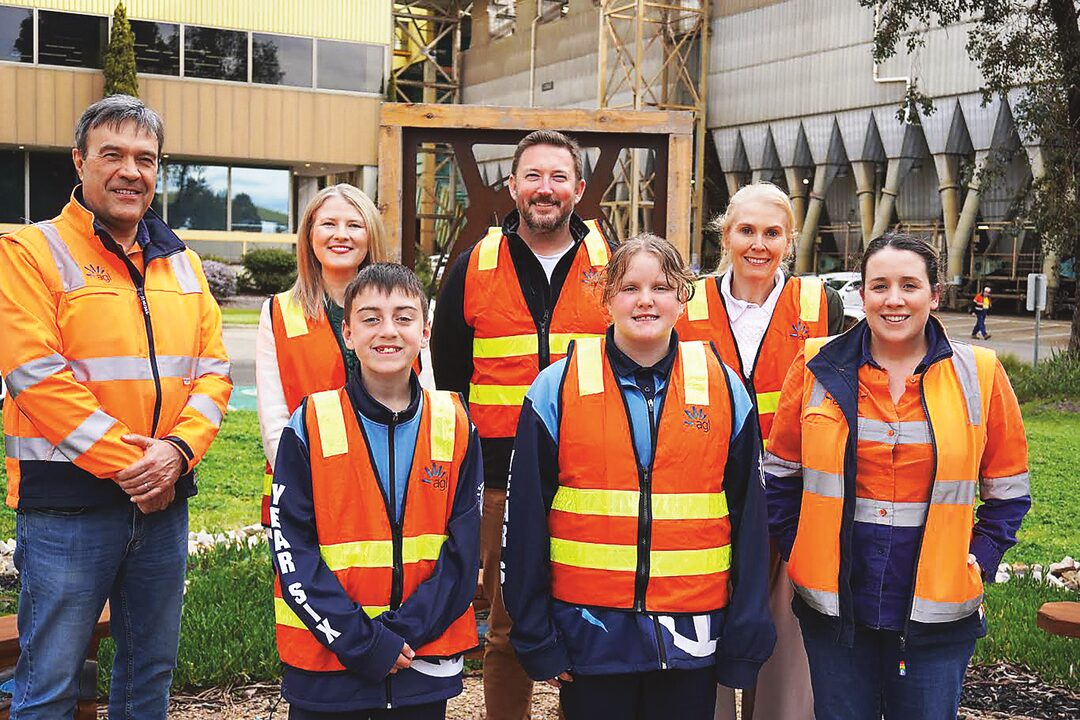By BLAKE METCALF-HOLT
IN an effort to provide opportunity for young students in need, the Little Village Project continues to be a beacon of hope for what community support should be.
Launched in 2019, the growing grassroots initiative has helped more than 250 disadvantaged primary school kids engage and remain in the educational space.
The project helps alleviate the pressure on local public primary schools by providing rapid access to evidence-based therapies and assessments, ensuring children get the right help in swift time.
The local schools involved include Traralgon quartet Kosciuszko Street Primary School, Stockdale Road Primary School, Grey Street Primary School and Liddiard Road Primary School, along with Thorpdale Primary School, Trafalgar Primary School and Tanjil South Primary School.
Working as a student wellbeing and welfare coordinator at Stockdale Road Primary School, Traralgon’s Ben Tunks noticed the difficulty in connecting affected students with services.
“I found that services that I was referring (them) to often around here were very overwhelmed and they’d have to spend much longer than I’d prefer on waiting lists,” Mr Tunks told the Express.
“For example, if they wanted to get into a mental health service, you’d refer them to that thinking that their need was quite dire, and then six to 18 months they might get in, just because our services here, as fantastic as they are, they’re just completely overwhelmed.”
Mr Tunks presented at the Gippsland Regional Executives Forum with the idea of paying for these services privately, to allow kids to get in as soon as possible, which is where he was connected with regional charity network Kindred Spirits Enterprises.
Founder Rhonda Renwick took a likening to Mr Tunks’ passions and agreed to auspice the project and support in an administrative level.
“She also had charitable status, so that if people wanted to make donations, they’d be supported in doing so… that’s really where all my connections and all my beginnings came from,” he said.
Many core community groups and businesses have jumped on board, led by Kindred Spirits Enterprises and AGL Loy Yang, allowing the project to reach its fullest potential.
The renewal of AGL’s partnership this year pushes the project in a direction to reach three extra primary schools over the next three years.
Nowadays, the Little Village Project features many unique and important programs and services, which goes leaps and bounds for required students.
One-on-one speech and occupational therapy are some of the key things provided, while other innovative ideas help support specific cases.
“We had a little girl at a school with quite severe trauma and she was a bit of a flight risk, when she was triggered into fight or flight mode, she’d run away, which was an important mechanism that probably kept her alive for a lot of her very young life,” Mr Tunks said.
“But that made her a bit of a risk to take on camp with all her peers, but her school didn’t want her to miss out on having that experience and going on camps and making friends, so we were able to fund her to go on a camp specifically for kids with that presentation.
“So there were more staff and more supervision, better managed and a much calmer environment than what you might find on a regular crowded school camp.”
All these avenues are coordinated through the schools, families and the project leaders, to determine what should be utilised.
Mr Tunks says ultimately he wishes to see “systemic change” with this initiative.
“I think our local students are doing a really good job of understanding that it’s very difficult to teach children when they’re distressed or disconnected, and sometimes you need to prioritise those things first,” he said.
“I love the fact that the community’s getting around the schools and supporting that.”
Mr Tunks tells a story of his sister being a midwife in Tanzania, and how the village where a child is born becomes the collective responsibility of that child in helping raise them.
While working on a larger scale than that comparison, Mr Tunks would like to see that compassion transfer over to Australia’s culture.
“I don’t see any harm in borrowing some of the amazing aspects of that culture for here, particularly if it’s in the best interest of the kids,” he said.
“I’d love to see a culture here when we find out that when there’s 12 to 18 month waiting lists to see a health care service or a paediatrician or a speech therapist or an occupational therapist, that we go ‘hang on, that’s not good enough’.
“And those with the means to change that put our hands in our wallets, or it might be doing some advocacy, we push for the best interests of the kids in our towns.”












